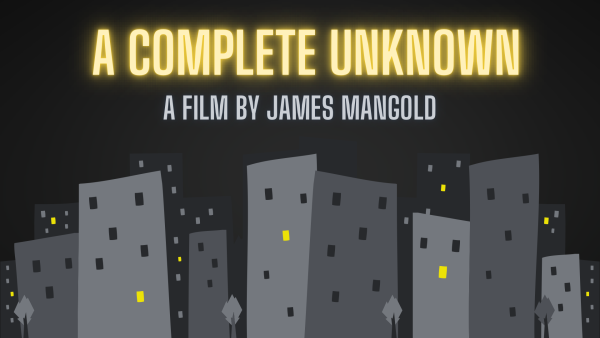Drug legalization continues to raise concern

In April, I wrote a column regarding an initiative to legalize marijuana for both medical and recreational use in the state of Ohio. Upon its publication, I became involved in several conversations (some more heated than others) with those whose views differed from or opposed my own anti-marijuana agenda. Six months later, the issue has advanced through various legal channels and is set to appear as Issue 3 on the November ballot. Once again, I find myself the subject to scrutiny: why do I continue to resist when marijuana legalization is “inevitable?” Why don’t I just “give up” and accept that it will happen whether I support it or not? As strange as it seems, yes, I do have reasons to oppose the issue besides my own personal preferences. Issues that I stubbornly refuse to overlook simply because others might not agree. Allow me to explain.
ResponsibleOhio, the political action committee behind Issue 3 and the amendment it intends to ratify, alleges that the failed “prohibition” of marijuana is, in itself, a reason to legalize the substance. That logic fails me. The term “prohibition” is most often attributed to the failed 18th Amendment to the U.S. Constitution, which, according to History.com, “banned the manufacture, transportation and sale of intoxicating liquors.” Lasting from 1919 to 1933, the Prohibition era was characterized by a distinct lack of effective law enforcement and an equally recognizable growth in bootleg alcohol production. Let’s see . . . attempted regulation, illegal distribution . . . sound like anything else we know? In addition to this ironic similarity in attempted supervision, the effects of both alcohol and marijuana are, according to Bath Township Police Chief Michael McNeely, also comparable to one another. Shared symptoms include impaired judgment, problem solving, presence of mind and physical coordination.
The government went on to repeal the doomed 18th Amendment, legalizing alcohol once more; so how have we fared? Not well. Over three-quarters of a century later, alcohol has become a leading cause of death in the United States. According to the Centers for Disease Control and Prevention (CDC), one in ten deaths of adults aged 20-64 from 2006-2010 resulted from alcohol abuse.
So what can pro-legalization activists learn from the past? No matter how many guidelines and laws governments create, there will invariably be those who choose to ignore them for various reasons, placing the remaining law-abiding citizens at an unfair risk. Whether it be in the past, present or future, abandoning ship cannot be a viable, sustainable solution to any problem. Especially the issue of marijuana abuse that, if left unattended, could cause irreparable damage to countless lives.
ResponsibleOhio also believes that the estimated 120 million dollars Ohio dedicates every year to combating the abuse of marijuana should instead be used to fight “hard narcotics” such as heroin and methamphetamine. These drugs also present significant risks; however, most users do not begin the cycle of abuse with that level of intensity. According to a national survey conducted by The Substance Abuse and Mental Health Services Administration (SAMHSA) in 2013, more than half of all new illicit drug users begin with marijuana, making it a “gateway drug” that may lead to worse addictions. Consequently, legalizing marijuana would most likely lead to an eventual increase in the abuse of additional drugs, therefore making it more difficult for an already-strained law enforcement system to combat them.
It is true that, as of now, law enforcement agencies of all sizes struggle to keep up with the country’s massive surge in drug abuse. The Federal Bureau of Investigation (FBI) recorded about 749,825 arrests in U.S. for drug abuse violations involving marijuana in 2012, which constituted about 48.3% of all drug abuse violation arrests that year. Yet the National Institute on Drug Abuse (NIH) estimates that 19.8 million people aged 12 and older used marijuana only one year later. It is extremely unrealistic to expect law enforcement to apprehend every single user every single time they use. So, pro-legalization activists, answer me this: if officers cannot thoroughly eradicate marijuana abuse when it is not legal, how can the public expect them to be able to regulate its proper legal use under a law of greater complexity? When marijuana is more abundant and easier than ever to obtain, legally or otherwise, and the abuse of additional drugs may increase as a result, how can we expect them to keep up? For what true purpose are we sacrificing our safety?
I could cite the rest of the problems I have with the concept and current proposed application of marijuana legalization, of which absent medical research and supposedly-falsified petitions are but a few. Each of us has the right to form and defend our own opinions, or to adopt new ones as we see fit. If nothing else, one should consider the possible consequences of their decision before they make it to avoid future regret. So, Ohioans: let’s think before we vote.


